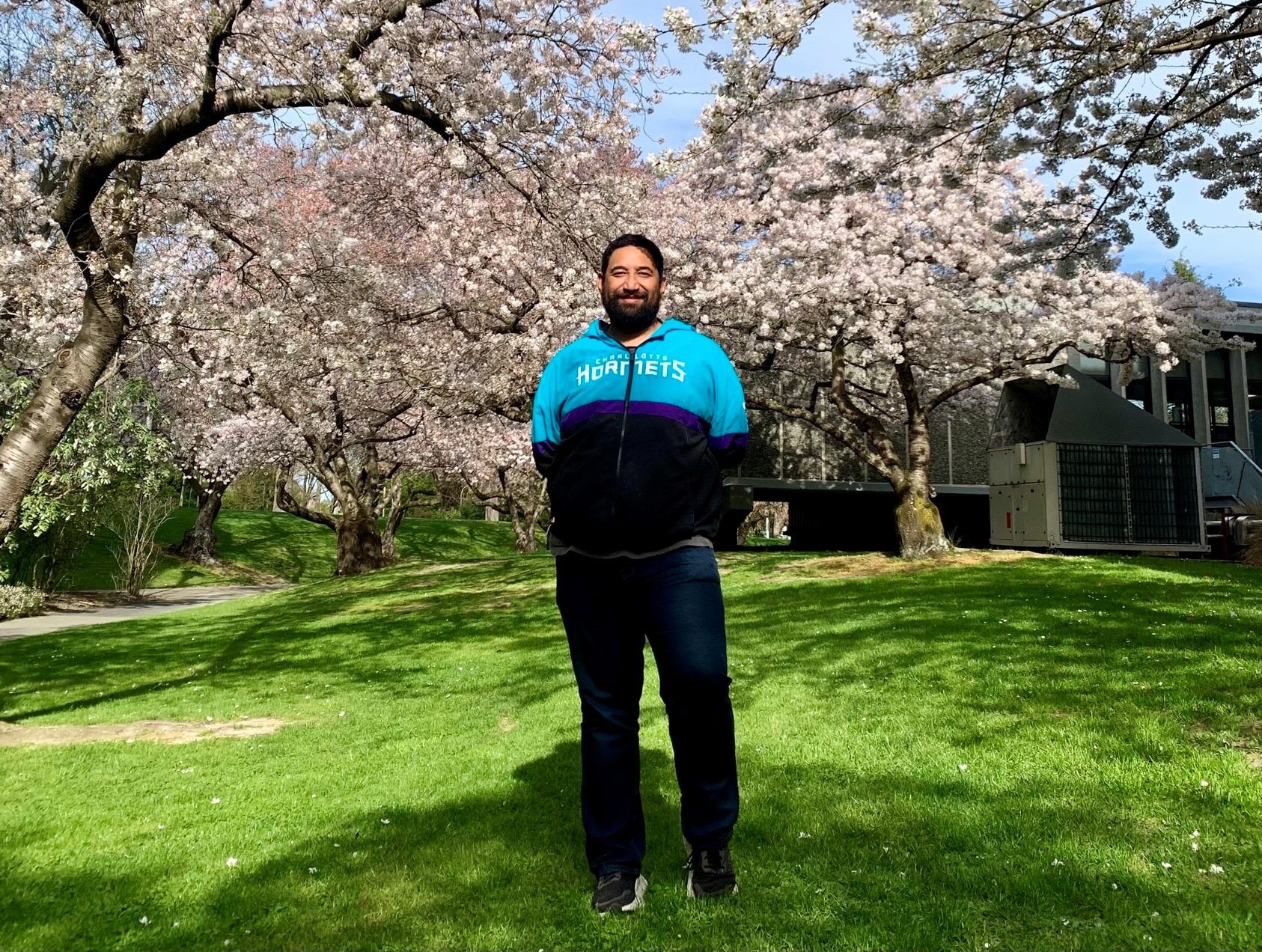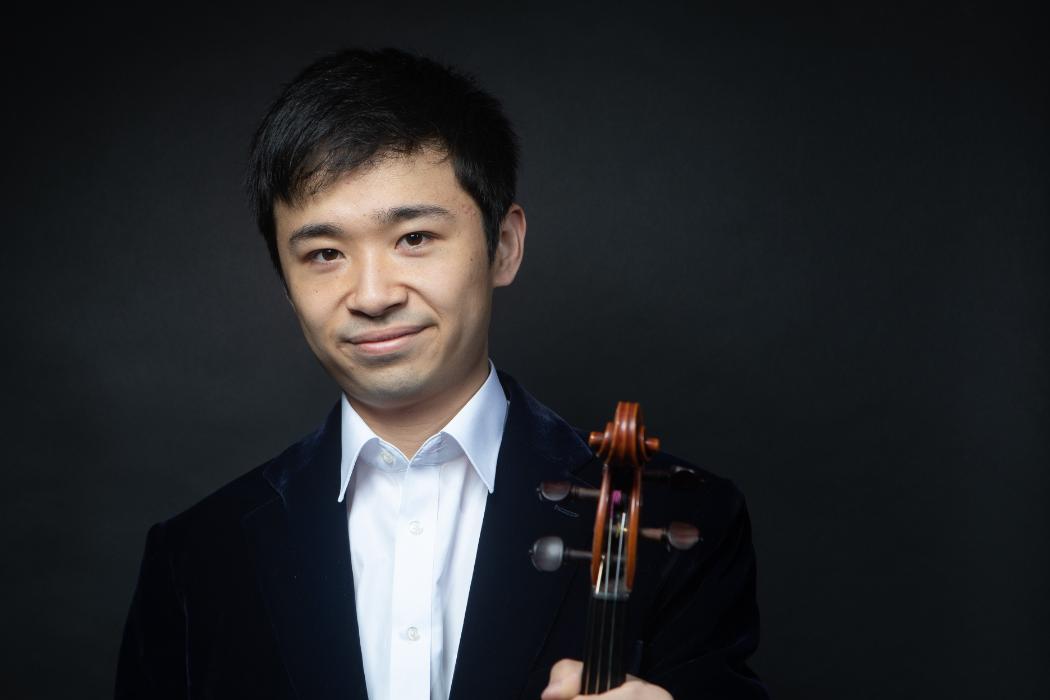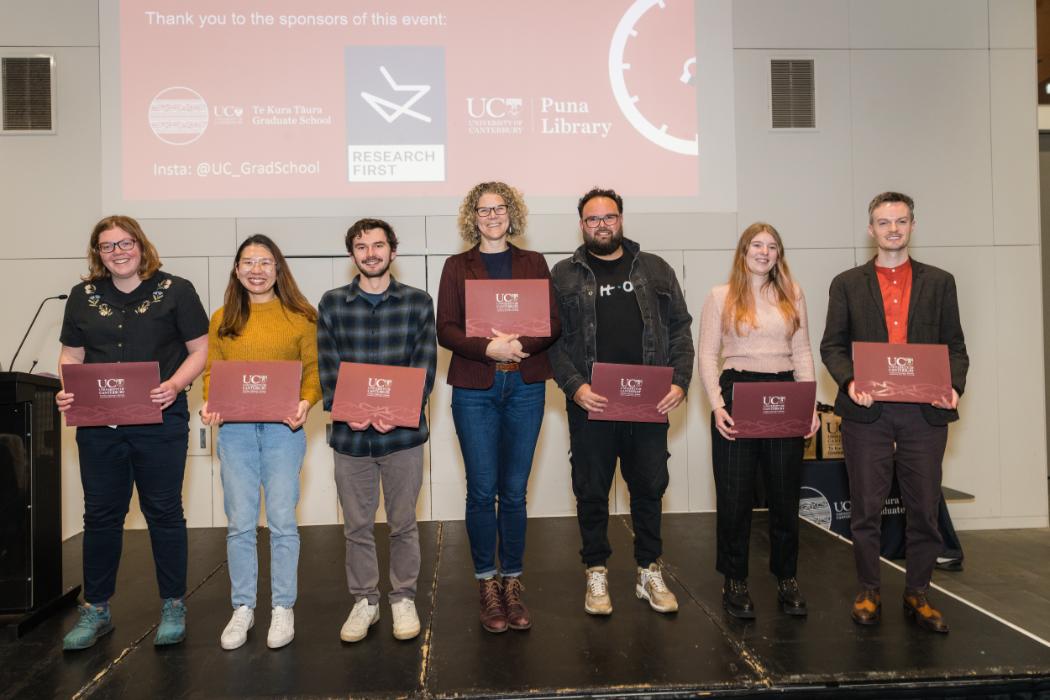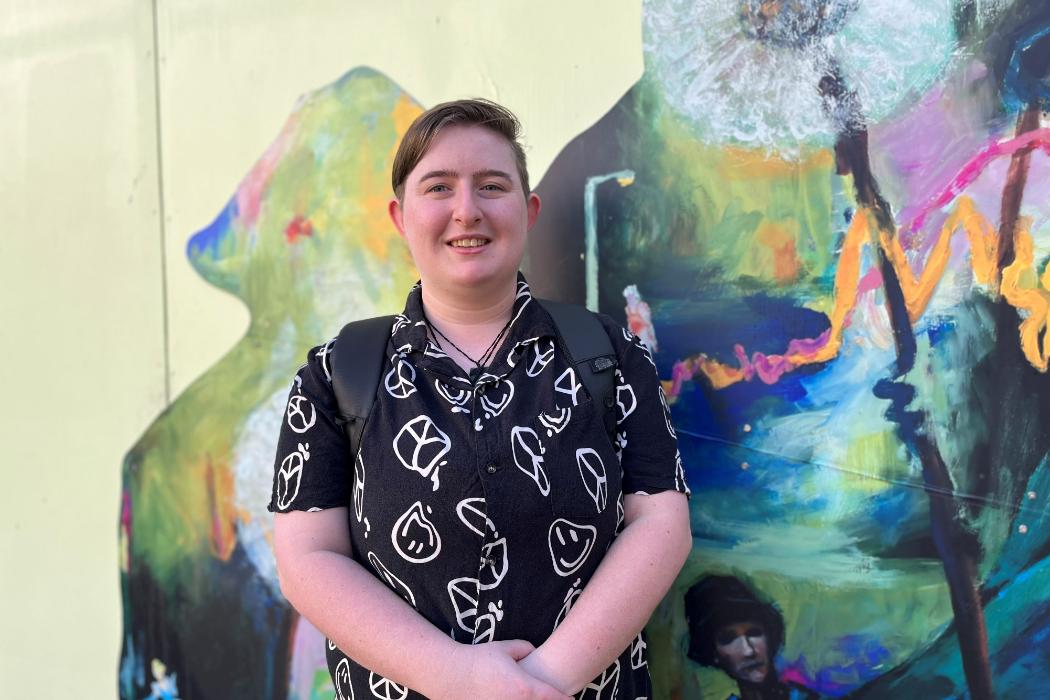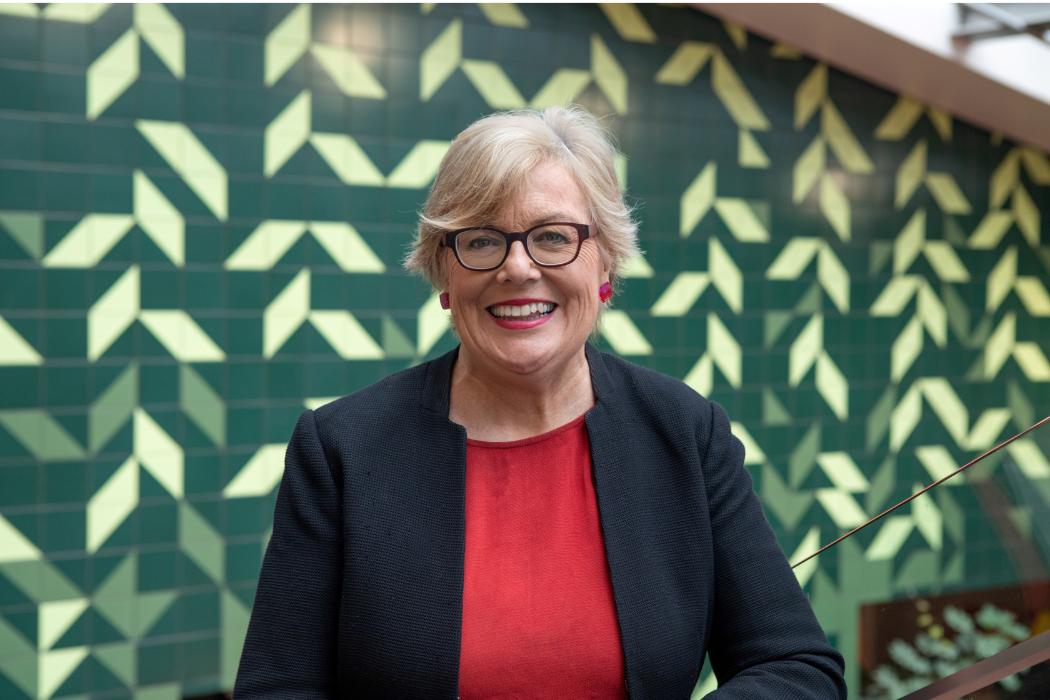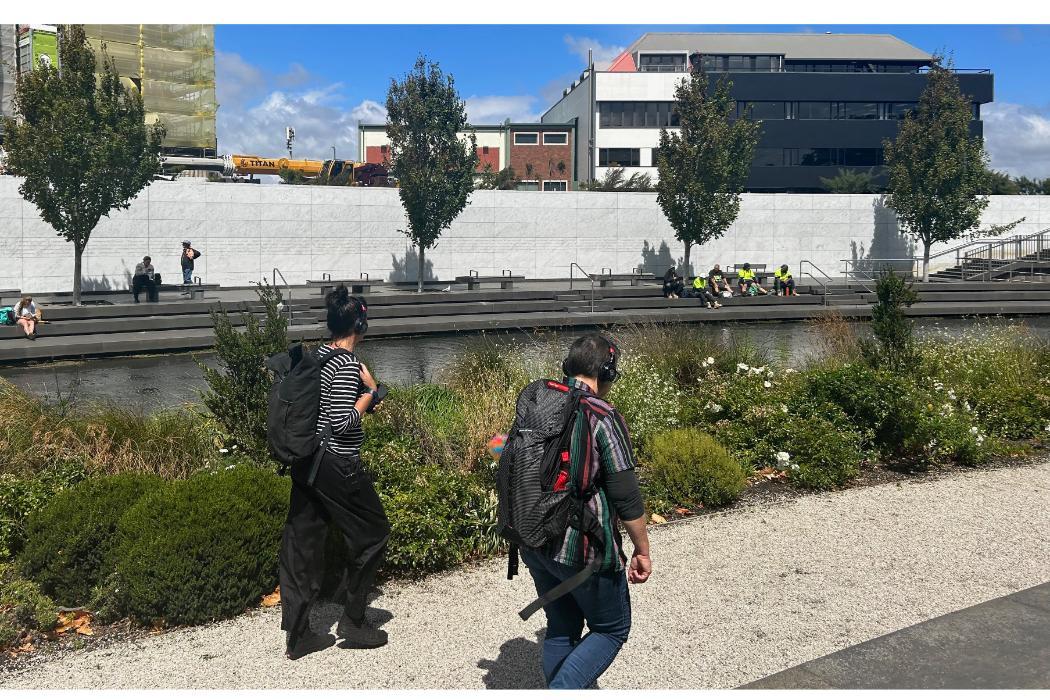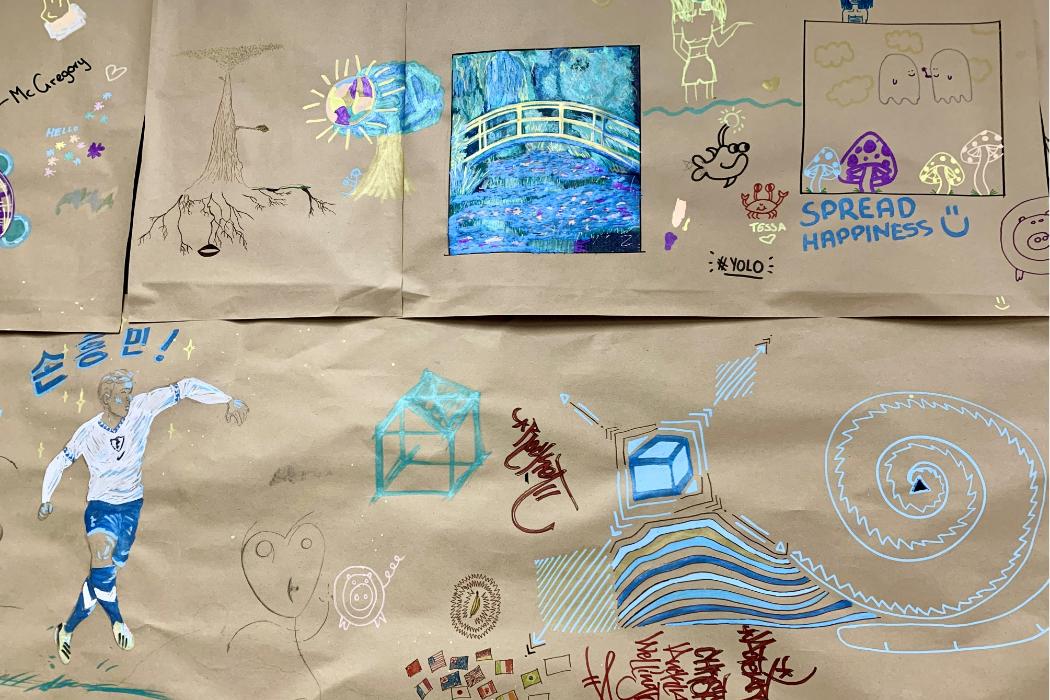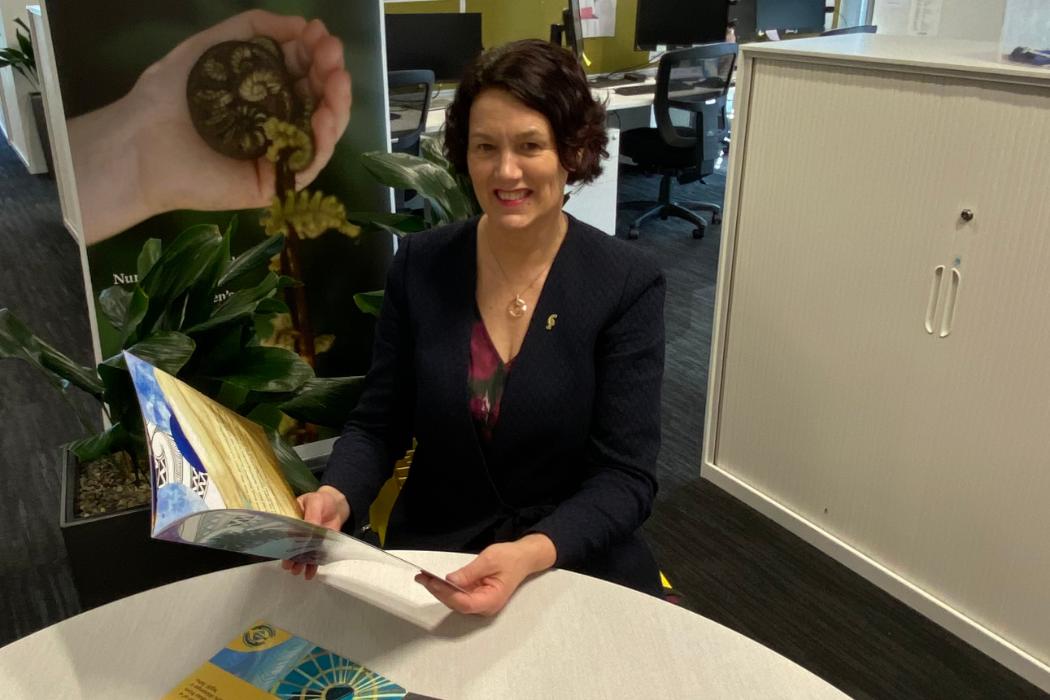It was UC English Professor Paul Millar who first suggested the potential for a film. “I needed no convincing as I realised this wasn’t just someone making home movies by pointing a camera at things,” says Chrisstoffels. “This was somebody purposefully crafting little stories — whether that was about a trip to China, or an explanation of aerial topdressing.”
Initially, a short film about Youren was made, but when this screened at a Napier gallery in 2018, the response confirmed there was more to tell.
“Numerous people approached us from the diverse groups Bill Youren was part of — the peace network, car enthusiasts, and members of the Chinese community,” Chrisstoffels says.
Following international screenings at the Rotterdam Peace Festival and elsewhere, the documentary was selected for the NZ International Film Festival. It screens at Ōtautahi Christchurch’s Lumière Cinema this Saturday 12 August, Monday 14 August and 22 August, accompanied by a Q&A with Chrisstoffels.
The film has also been picked up by New Zealand distributor, Limelight, for nationwide release.
Chrisstoffels feels fortunate to have worked with such a creative team of collaborators. In addition to Professors Bullen, Beattie and Millar, musician Anita Clark, who performs as Motte, wrote the film’s original score. Veteran broadcaster Geoff Robinson voiced Bill Youren.
Chrisstoffels believes the resulting film is a distinctive addition to Aotearoa’s visual history, particularly as documentary recordings from the 1950s and 60s are rare.
In addition to his lecturing role, Chrisstoffels was recently appointed Academic Director of UC’s Digital Screen initiative and was the cinematographer on Jonathan Ogilvie’s ‘Head South’, which became the University’s first Film in Residence.
He believes UC Digital Screen will play a critical role in the development of unique, fresh voices.
“The small South Island film industry has always punched above its weight, but there is now the real possibility that a critical mass will develop and stay in the region as facilities and local knowledge grow.”



